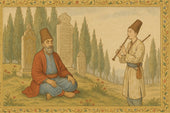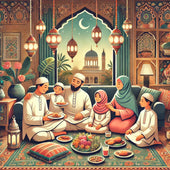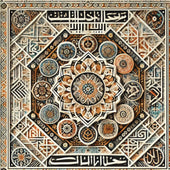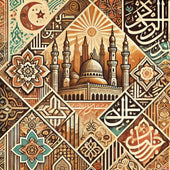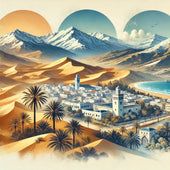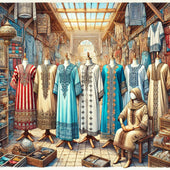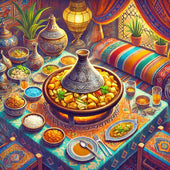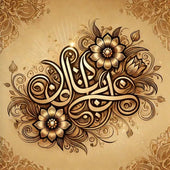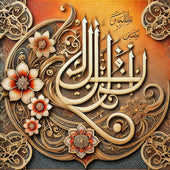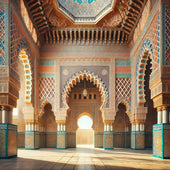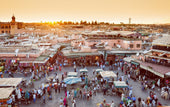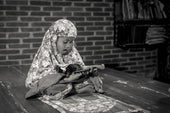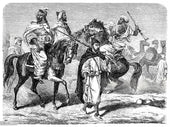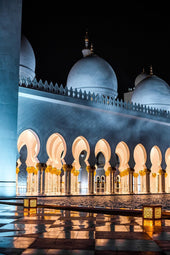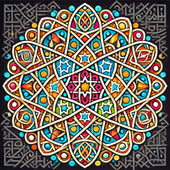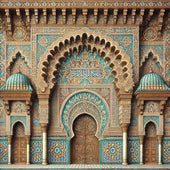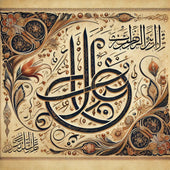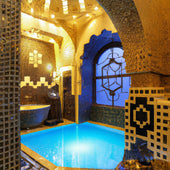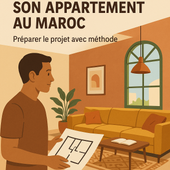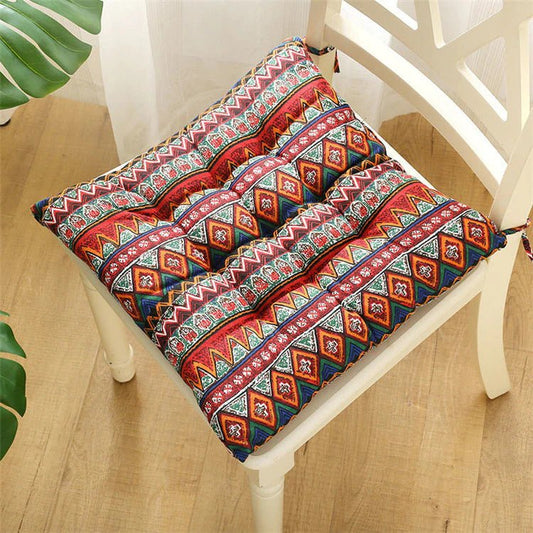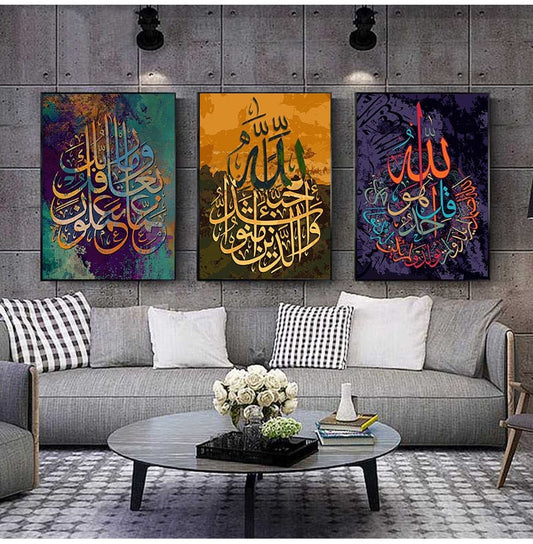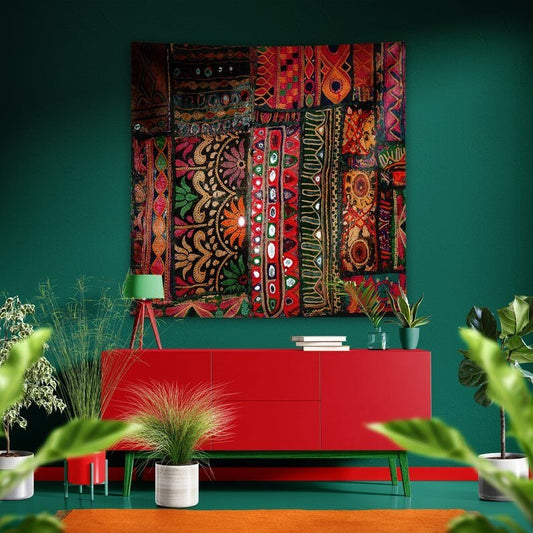Introduction: Who are the Berber Nomads?
The Berbers are an indigenous ethnic group of North Africa, present in several countries, including Morocco, Algeria, Tunisia, Libya and Egypt. These peoples have a rich and ancient history, spanning thousands of years. Among them, an important part continues to lead a nomadic life, a way of life inherited from their ancestors.
The Berbers have a distinct culture and language, despite influences from neighboring cultures and successive colonizers. Their language, Berber, is still spoken by millions of people, although most Berbers are also bilingual or trilingual, also speaking Arabic, French or other languages.
The Tradition of Nomadism among the Berbers
For millennia, the Berbers have been nomadic herders, moving with their herds of sheep, goats, cattle and camels across the vast expanses of the Sahara Desert, the Atlas Mountains and the plains of the North Africa. This tradition of nomadism is deeply rooted in Berber culture, forming an essential part of their identity.
Nomadism among the Berbers is not just a matter of economic necessity, but also a matter of choice and pride. Despite the difficulties and challenges of living in the desert, many Berbers choose to remain nomadic, thus respecting the traditions of their ancestors.
Today's Berber Nomads
Today, although many Berbers have settled down and live in towns and villages, a significant part of them maintain the nomadic way of life, continuing to cross North Africa with their herds. These modern nomads have adapted their way of life to the challenges of the 21st century, while perpetuating the customs and traditions of their ancestors.
The life of these modern Berber nomads is a fascinating mix of old and new. They use mobile phones to keep in touch with the outside world and to follow market prices for their products, but at the same time they continue to live in traditional tents, weaving carpets by hand, baking their bread over open fires and following the stars to navigate the desert.
The Life of the Berber Nomads: An Existence Rooted in Nature
The life of Berber nomads is deeply rooted in nature and the cycles of the seasons. They are constantly on the move in search of pasture for their herds, their survival directly dependent on the land. This close connection with nature is reflected in their culture and spirituality, which value respect for the land and living beings.
The Habitat of the Berber Nomads
Berber nomads live in traditional tents called "khaimas". These tents, made of animal skins or woven wool, are easily dismantled and transported, allowing nomads to move quickly and efficiently. The interior of these tents is often decorated with colorful rugs and cushions, reflecting the artistry of the Berbers.
These "khaimas" are much more than simple shelters; they are the heart of social and family life. This is where meals are shared, stories are told and community decisions are made. Even in the middle of the desert, these tents are spaces of warmth and community.
The Art of Desert Survival
Survival in the desert requires a set of skills and knowledge passed down from generation to generation. Berber nomads know how to find water and pasture for their herds, how to protect themselves from sandstorms and how to navigate the vastness of the desert.
They also know about the plants and animals of the desert, knowing which plants are edible or medicinal, and how to avoid or treat bites and stings from dangerous animals. It is a knowledge that cannot be learned from books, but through direct experience and the teaching of the elders.
The Impact of Berber Nomadism on Berber Culture and Society
Nomadism has a profound impact on Berber culture and society. It influences everything from musical and poetic traditions to social customs and family structures.
Berber Nomad Music and Poetry
Music and poetry are essential elements of Berber nomadic culture. The songs and poems tell of the challenges and joys of desert life, love and loss, honor and bravery. They are often accompanied by music played on traditional instruments such as lute (oud), flute (nay) and drums (darbuka).
These songs and poems are also a means of transmitting Berber history and culture from generation to generation. Through these oral histories, young Berbers learn the values, beliefs and traditions of their people, as well as the stories of their ancestors and the lessons learned from their experience.
Social Customs and Family Structures of Berber Nomads
Community life is at the heart of the nomadic Berber society. Extended families traveling together form a social unit called "fractions". Each fraction has its own leaders and its own social organization. Cooperation and solidarity are essential for survival in the desert.
In these nomadic communities, the roles of men and women are complementary and essential to the survival of the group. Men are generally responsible for raising livestock and protecting the community, while women are responsible for cooking, making clothes and carpets, and raising children.
Conclusion: The Berber Nomads, Guardians of an Ancient Tradition
Despite the challenges of the modern world, Berber nomads continue to preserve their traditional way of life, thus perpetuating a rich history and a unique culture. They are the guardians of an ancient tradition, a living bridge to North Africa's past.
These peoples are the repositories of an invaluable cultural and historical heritage, and their contribution to the cultural diversity of the world deserves to be celebrated and protected. By preserving their way of life and their traditions, the Berber nomads offer us a window on a fascinating culture and history, and remind us of the importance of the links with our past and our natural environment.
FAQs
Q: Who are the Berber nomads?
A: Berber nomads are a part of the Berber population of North Africa who continue to lead a nomadic life, moving through the desert and mountains with their herds.
Q: How do Berber nomads live?
A: Berber nomads live in traditional tents and are constantly on the move in search of pasture for their herds. They have developed a set of skills and knowledge to survive in the desert.
Q: What impact does nomadism have on Berber culture?
A: Nomadism influences all aspects of Berber culture, from musical and poetic traditions to social customs and family structures.
Q: Do Berber nomads still exist today?
A: Yes, although many Berbers have settled down, a significant part of them continue to lead a nomadic life.
To learn more about Berber nomads and the rich Berber culture, visit our site https://decorateur-oriental.fr/ . Discover the beauty and diversity of Berber culture with us!
If you want to know more about Berber traditions and Berber nomads, do not hesitate to visit our website https://decorateur-oriental.fr/ . You will find a multitude of articles and resources to immerse yourself in this fascinating culture. Discover the richness of Berber history, its language, its symbols, and much more.
Also, if you are inspired by the beauty and richness of the Berber culture and want to bring a touch of this beauty to your own home, you will find a wide range of oriental decorations and Berber handicrafts on our site. . Turn your home into a piece of North Africa with https://decorateur-oriental.fr/ .



